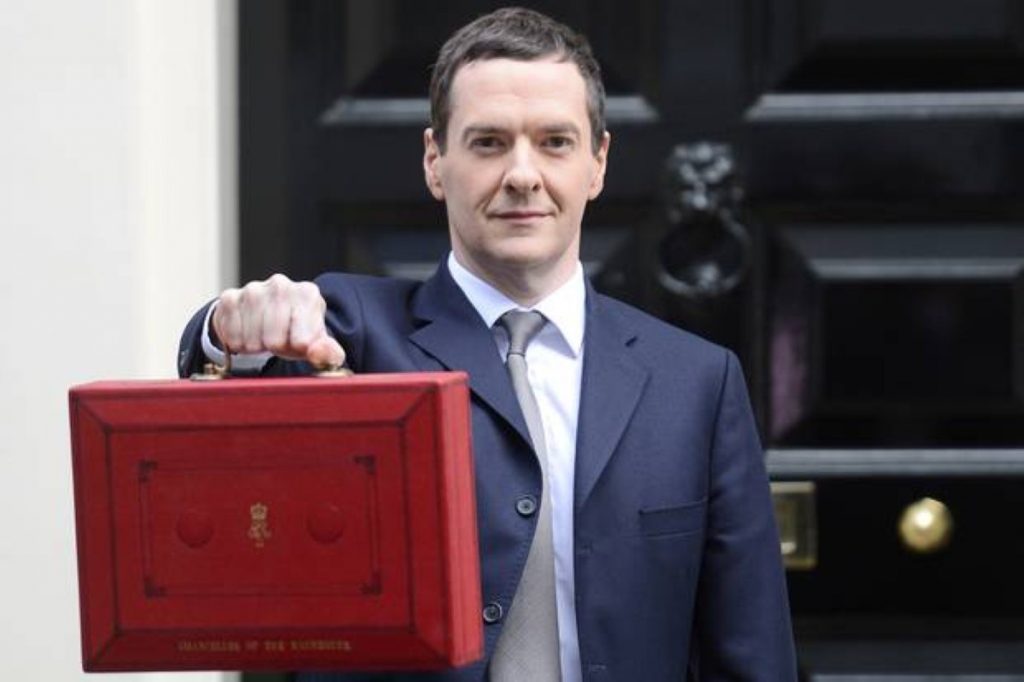Poorest will be hit hardest over next four years
The poorest will be overwhelmingly hit hardest by the government over the next four years, according to damning new analysis by the Institute for Fiscal Studies.
The independent spending watchdog found that increases to the minimum wage would not even come close to compensating for the massive cuts to in-work benefits, forcing many more people into absolute poverty.
"The changes overall are regressive – taking much more from poorer households than richer ones," IFS director Paul Johnson said.
The poorest fifth of earners will lose up to £1,300 a year under the plans, with more people being forced into hardship as a result of benefit cuts.



The findings are at odds with assurances from the chancellor in his Budget yesterday, that "those with the broadest shoulders" would carry the greatest burden.
Osborne was widely praised for his plans to raise the minimum wage. However, the IFS found that Osborne's new "living wage premium" would still leave the "overwhelming majority" of tax credit recipients worse off.
They added that Osborne's labeling of the change as a "living wage" was inaccurate given that the pay hike would be "much smaller than the takeaway from tax and benefit changes".
Public sector workers will also suffer disproportionately according to the IFS, with their relative pay levels being forced down to levels seen more than twenty years ago.
"If private sector pay rises as expected we think this will take public sector pay levels well below their long term average relative to pay in the private sector and indeed well below anything seen since we can readily make comparisons back to the early 1990s," Johnson said.
"Up to now public sector pay restraint has merely served to match changes in the private sector. We are entering a new and much tougher phase."
The IFS were also critical of a number of smaller measures in the budget, including changes to Vehicle Excise Duty, buy-to-let mortgage relief, the pension annual allowance withdrawal and changes to the climate change levy.
Several of the measures proposed in Osborne's budget made "no economic sense," they added.

